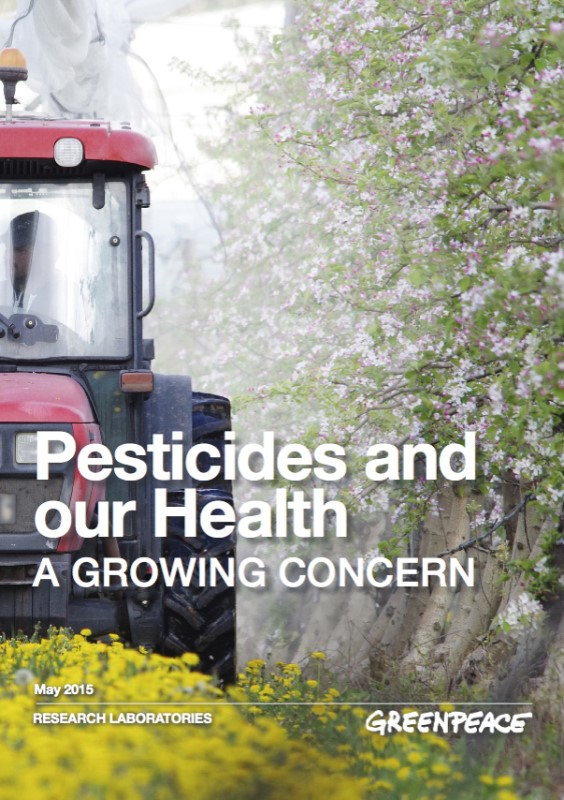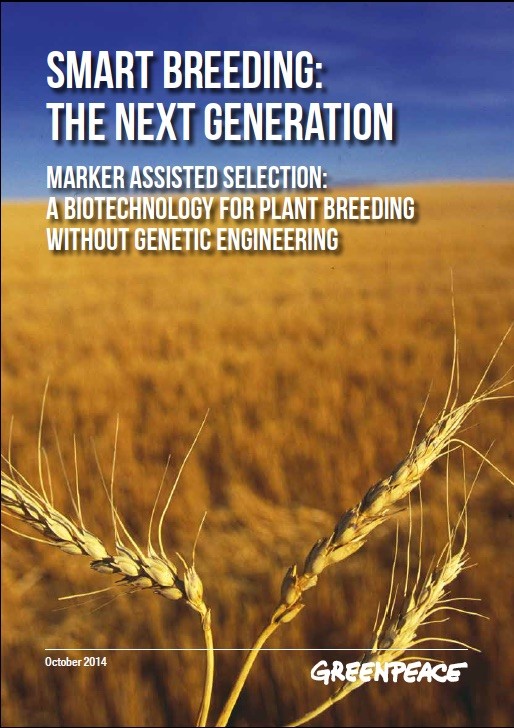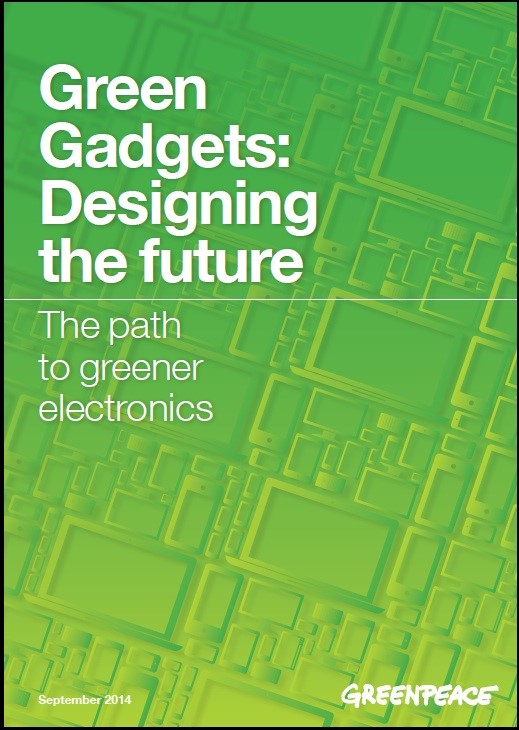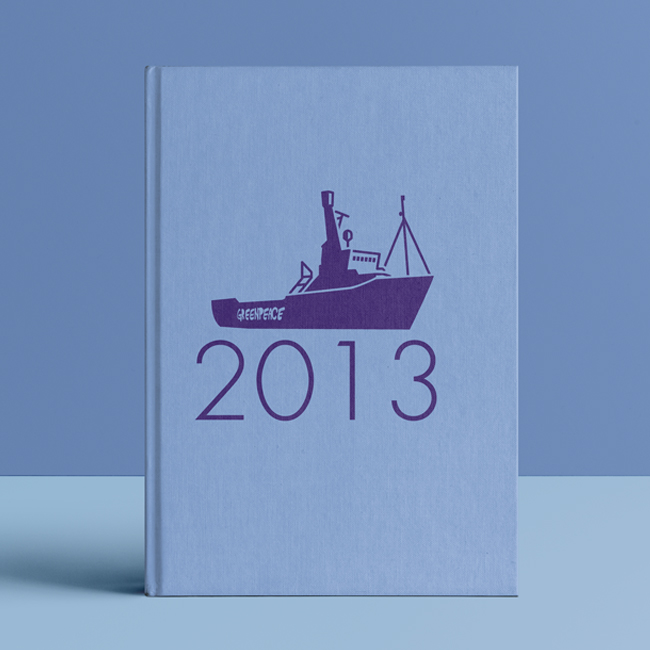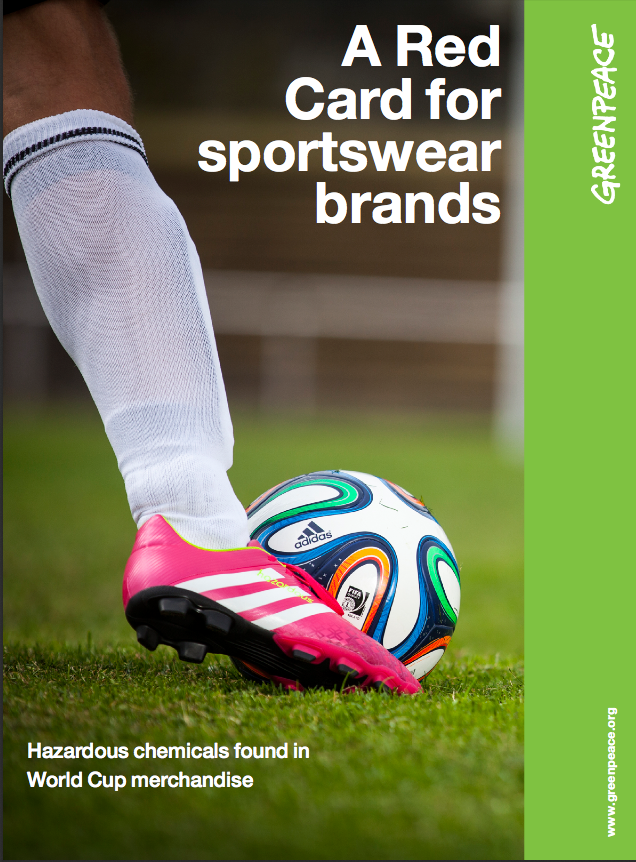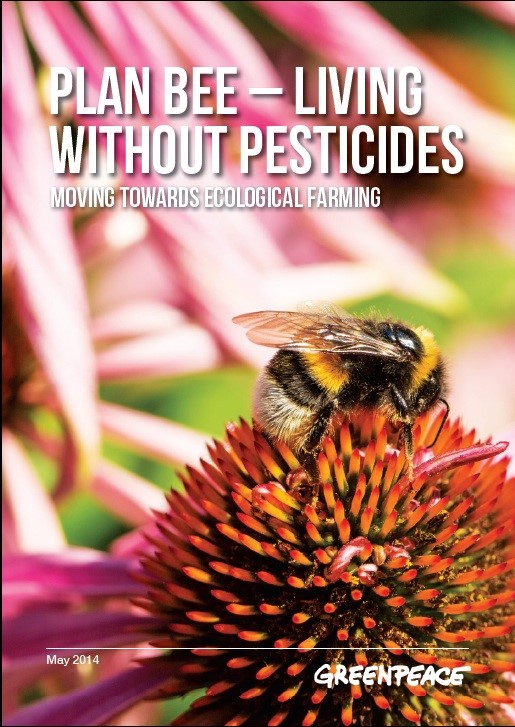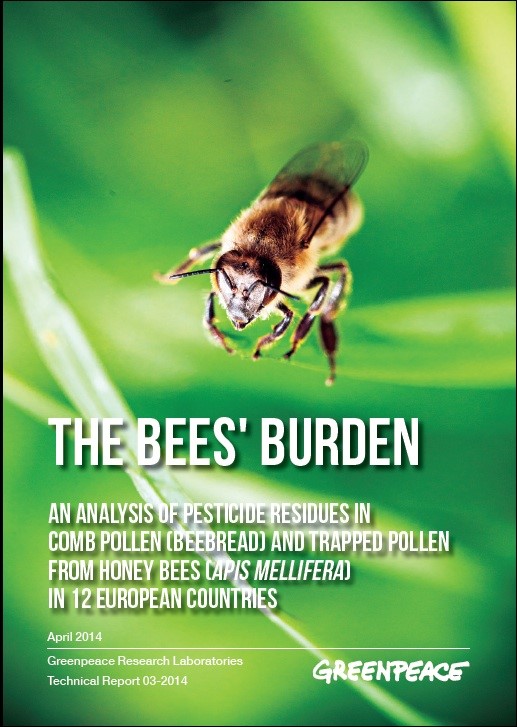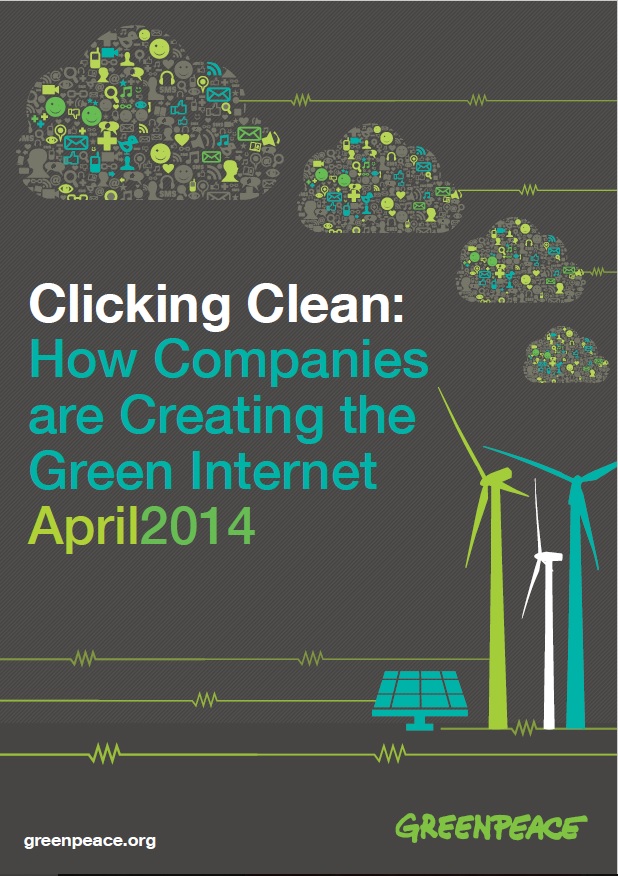-
FSC Case Studies
To keep FSC certification as a credible tool to help protect forests, Greenpeace International is publishing a series of case studies exposing controversial operations that are posing the greatest risk to the FSC’s integrity. We will also be highlighting best practice operations that are meeting and/or exceeding the FSC’s principles and criteria. These case studies…
-
Arctic Sanctuary
Arctic coastal states are keen to lay claim on the valuable resources found beyond their national boundaries, and they have all submitted applications to extend their polar seabeds. Governments and industry see the opening of the Arctic as yet another business opportunity to extract more fossil fuels and fish, placing this unique region – and…
-
Annual report 2013
Campaigning for a peaceful, just and green future is no longer the job of a specialised few, but the common struggle of all.

